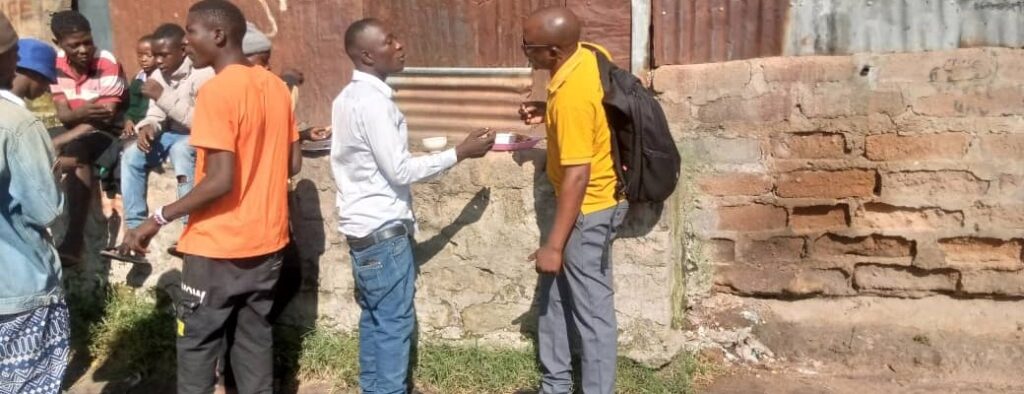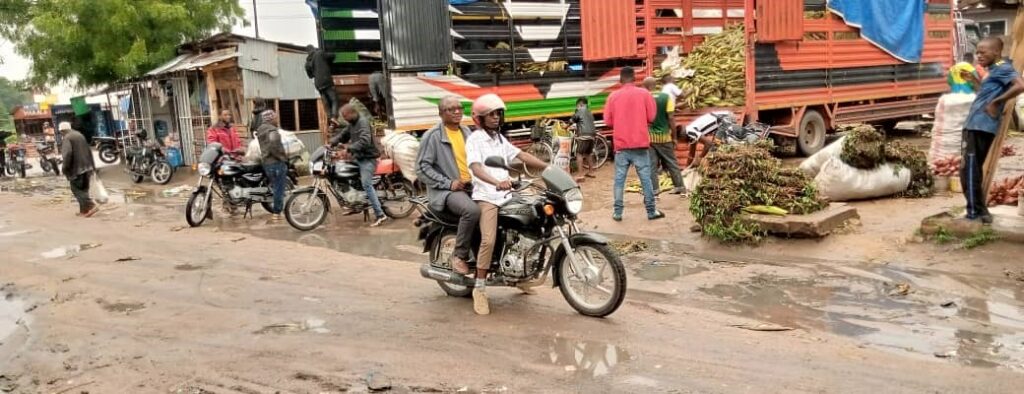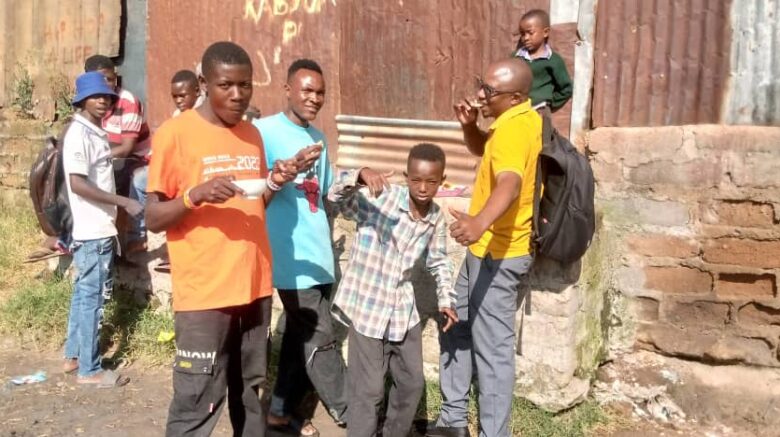The WISE project wants to improve the capacity of the organization to implement in a persistent manner the activities which allow the children, aged 4-14 years old, hosted in Kisedet’s short term shelter Shukurani or those attending the drop-in center, to be reintegrated with their families and community after the creation of a safe environment for them.
The children recruited through our outreach approach or brought to Kisedet by social services or police live at our short-term shelter called Shukurani. Some girls are brought to our center because they are victims of mistreatment or abuse by the house owners where they work as maids and where they are forced to do a myriad of tasks such as washing clothes, ironing, cooking, looking after the children and they are often treated as slaves.
These children are in need of psychosocial support in coping with the traumatic experience of violence they have suffered which in turn has separated them from their families and were then forced to cope with street life and this is where our project intervenes. Several sessions are needed before our beneficiaries begin telling us their stories and for us to start tracing the whereabouts of their parents or relatives. Family visits are also needed to make them more aware of the importance of education and childrens rights through seminars regarding parenting.
The project is part of a much broader program established through a strategic plan created by KISEDET for the years 2019-2023 which aims to support 2,400 vulnerable children by 2023. The program includes several activities such as: providing for children’s basic needs at the shelters, organizing day and night visits to children who live and work in the streets and guiding them to shelters, engaging with them through sport activities, assisting them with school enrollment, tracing families and reuniting them where possible. The project focuses specifically on the last of these actions and the selected beneficiaries are 40 children, aged between 4 and 14, of whom 25 live in the short-term shelter home, Shukurani and 15 live elsewhere while still attending the day center. The objectives are to ensure the psychological wellbeing of children and to train their parents or relatives on parental skills. To achieve these objectives, a psychotherapist who works closely with the children and a social worker who is responsible for tracing families and carrying out family visits are needed.
During the first two months of the project (started on the 1 st of January 2024), the focus will be on tracing the family and psychological counseling for the children who already live at the Shukurani short-term shelter. On the third month, family visits will be carried out until necessary, which may take place pretty frequently based on the distance from KISEDET’s headquarters, or the visits can be replaced with phone calls; many of these children come from regions up to 1200 km away from Dodoma. Psychological counseling will be a priority and it will continue to take place even after the reunification, once or twice a week depending on the severity of past life experiences. On the fourth month of the project, the first beneficiaries will be reunited with their families off of the basis of an accurate evaluation of the children’s psychological stability and motivation to go back home, the family’s willingness to take care of them and the behavioral improvement towards their children.
Poverty is widespread and is often the main cause of school and home abandonment. However, the economic difficulties of the families cannot deny the chance of reunification if other conditions such as affection and care are present. That’s why the integration process also provides financial support to help the small commercial activities which have already been started by the family and therefore allows them to be more financially independent. After the reunification, at least one family visit is guaranteed for each child, to check the child’s well-being at home, his/her academic performance and any further necessary interventions.
We thank the Waldensian Church for giving KISEDET the opportunity to continue with one of the association’s key projects and guarantee the salary of the two employees of our staff who allow all this to be possible with their daily commitment.



